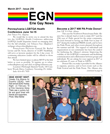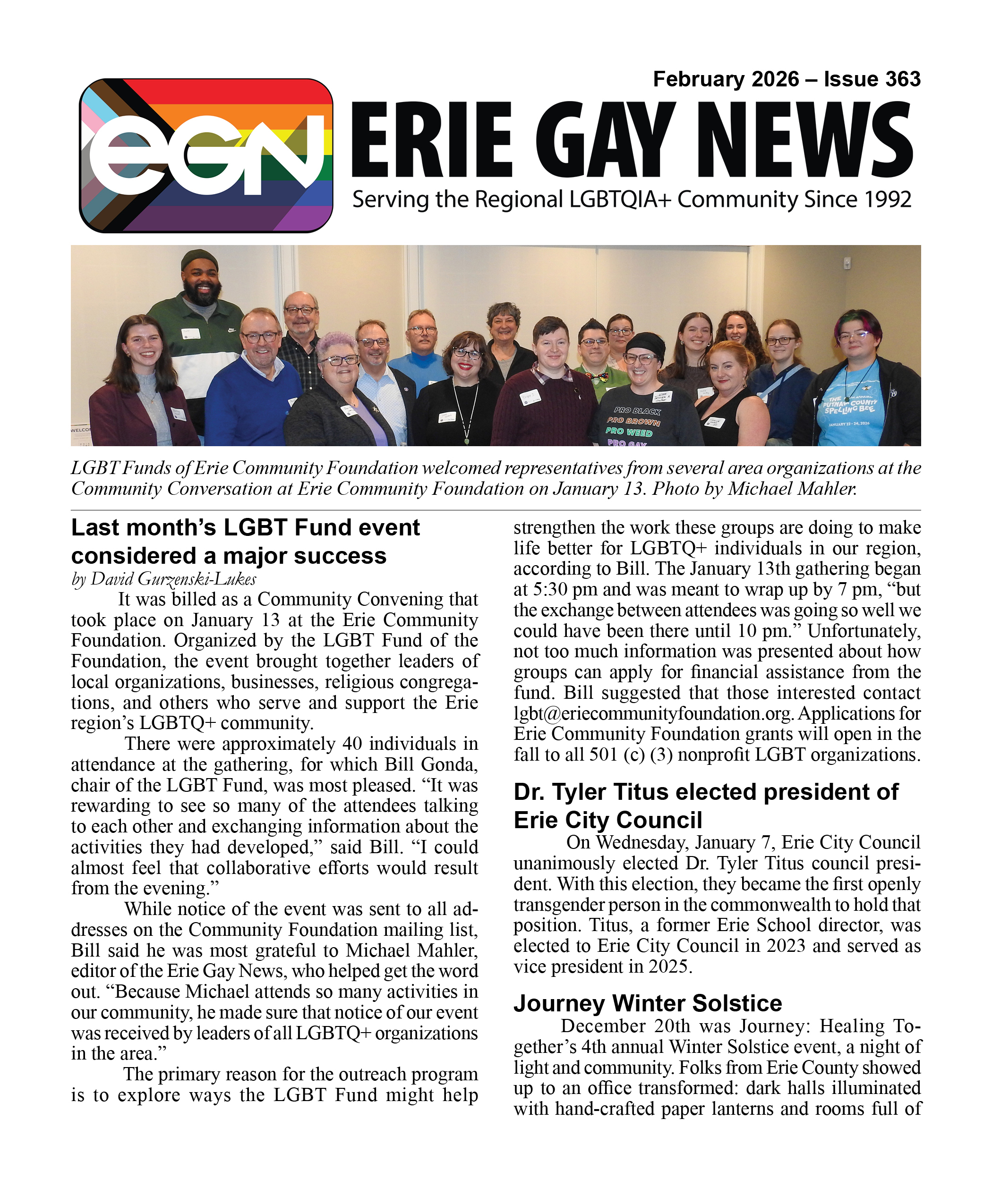MSMGF Endorses Consensus Statement on Sexual Risk of HIV and Undetectable Viral Load
Access to sexual health services among gay and bisexual men worldwide is still essential
February 13, 2017 – Oakland, California, USA - MSMGF (the Global Forum on MSM & HIV) endorses the Consensus Statement on Risk of Sexual Transmission of HIV from a Person Living with HIV Who Has an Undetectable Viral Load. That statement reads:
People living with HIV on ART with an undetectable viral load in their blood have a negligible risk[1] of sexual transmission of HIV. Depending on the drugs employed (and the person's individual situation), it may take as long as six months for the viral load to become undetectable. Continued and reliable HIV suppression requires selection of appropriate agents and excellent adherence to treatment. HIV viral suppression should be monitored to assure both personal health and public health benefits.
​The statement is based on the results of the landmark PARTNER Study and other research demonstrating the prevention potential of anti-retroviral treatment (ART). The PARTNER study found that among sero-different (or discordant) heterosexual and same-sex male couples in which the HIV-positive partner was using suppressive ART and who reported condomless sex, there were no documented within-couple HIV transmissions. The statement also notes that:
An undetectable HIV viral load only prevents HIV transmission to sexual partners. Condoms also help prevent HIV transmission as well as other STIs and pregnancy. The choice of HIV prevention method may be different depending upon a person's sexual practices, circumstances and relationships. For instance, if someone is having sex with multiple partners or in a non-monogamous relationship, they might consider using condoms to prevent other STIs.
It is important to remember the higher probability of HIV transmission carried by receptive anal sex in comparison to vaginal sex. The higher per act probability of HIV transmission through receptive anal intercourse has a central role in explaining the disproportionate disease burden gay and bisexual men continue to shoulder (see 2012 article by Beyrer, et al.). Sexual health for gay and bisexual men is also influenced by availability and access to sexual health education, testing, prevention and treatment services.
The Consensus Statement is giving rise to next generation prevention campaigns like Undetectable = Untransmissable (U = U), which seeks to fully optimize the prevention potential of ART. Campaigns like U = U are essential because they underscore the importance of pleasurable sex that is worry- and HIV stigma-free. We encourage gay and bisexual men to mindfully and fully explore the sex they want (we highly recommend that you check out the Gay Men's Health Alliance's - http://thesexyouwant.ca).
Our excitement about the Consensus Statement and campaigns like U = U is dampened by the fact that far too many people do not know they are living with HIV. Far too many people living with HIV are not receiving antiretroviral treatment. Monitoring viral suppression is still not commonplace in many parts of the world where viral load testing is not readily available or accessible. These facts are particularly true for gay and bisexual men who in many places around the world do not have easy access to condoms, lubricants, HIV testing, pre-exposure prophylaxis (PrEP), post-exposure prophylaxis (PEP) and treatment. In addition, gay and bisexual men still face fierce oppression and violence, further complicating their efforts to leverage fully the health and prevention benefits of ART.
MSMGF encourages advocates to stand behind the Consensus Statement. We should thoughtfully use campaigns like U = U to rally against HIV-stigma. We should first and actively promote the health benefits of ART for people living with HIV while campaigning for prevention. We should collectively, and without hesitation, reject divisive and disempowering discourse about the bodies and identities of people living with HIV (see GNP+'s statement - Fear, Infectiousness & Undetectability).
Advocates should also use U = U to leverage loud and unflinching demand for universal access to rights-based, comprehensive sexual health and education programs for all men who have sex with men, including men who self-identify as gay or bisexual. Gay and bisexual men must demand access to testing technologies, diagnostics, prevention tools and treatment for sexually transmitted infections, including HIV. Condoms, lubricants, PrEP, PEP and treatment for HIV should be used in tandem with community support and mobilization strategies to ensure that these interventions, when combined, maximize their prevention effect. Finally, rights-based sexual health services should include programs to educate gay and bisexual men about their bodies, about sex, and about pleasure. These programs are strongest when sensitively delivered by or in close partnership with gay and bisexual men and they should replace old-fashioned, risk and disease-focused programs.
About MSMGF
MSMGF is an expanding network of advocates and other experts in sexual health, LGBT/human rights, research, and policy, working to ensure an effective response to HIV among gay men and other men won have sex with men. We are directly linked with more than 130 community-based organizations, across 73 countries.
See full text including reference here
The Global Forum on MSM & HIV (MSMGF)
436 14th Street, Suite 100
Oakland, CA 94612
contact@msmgf.org
www.msmgf.org



